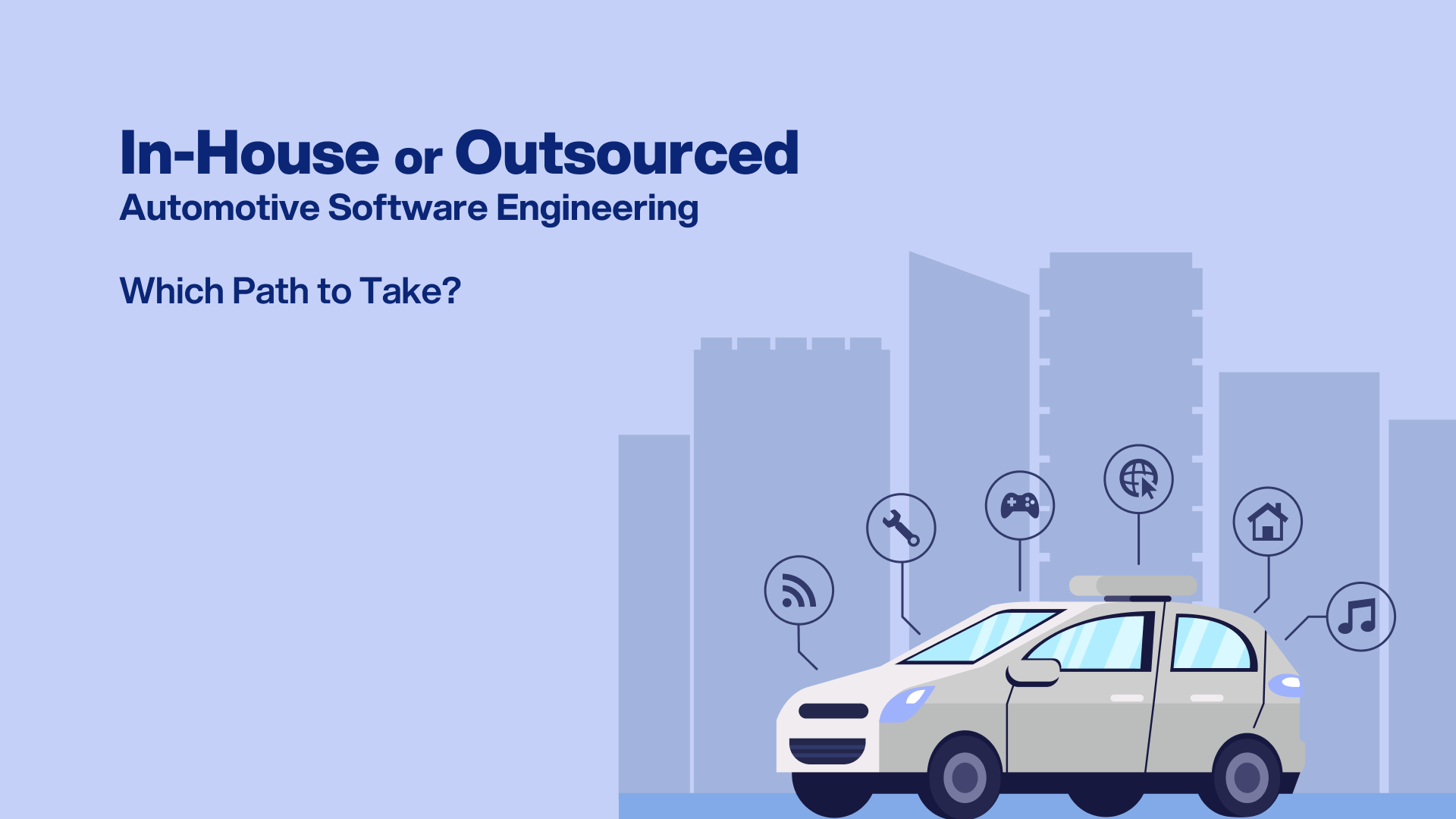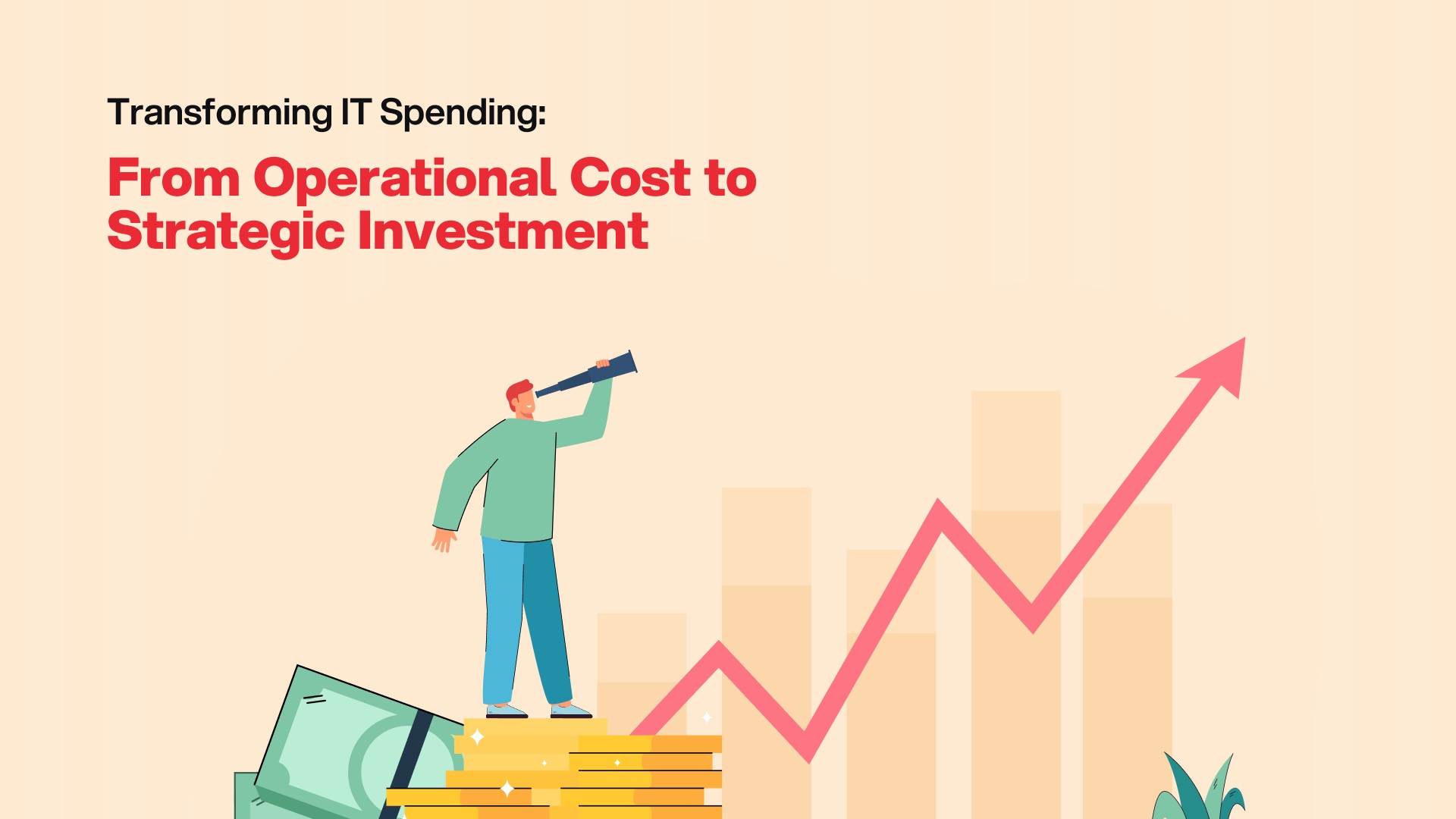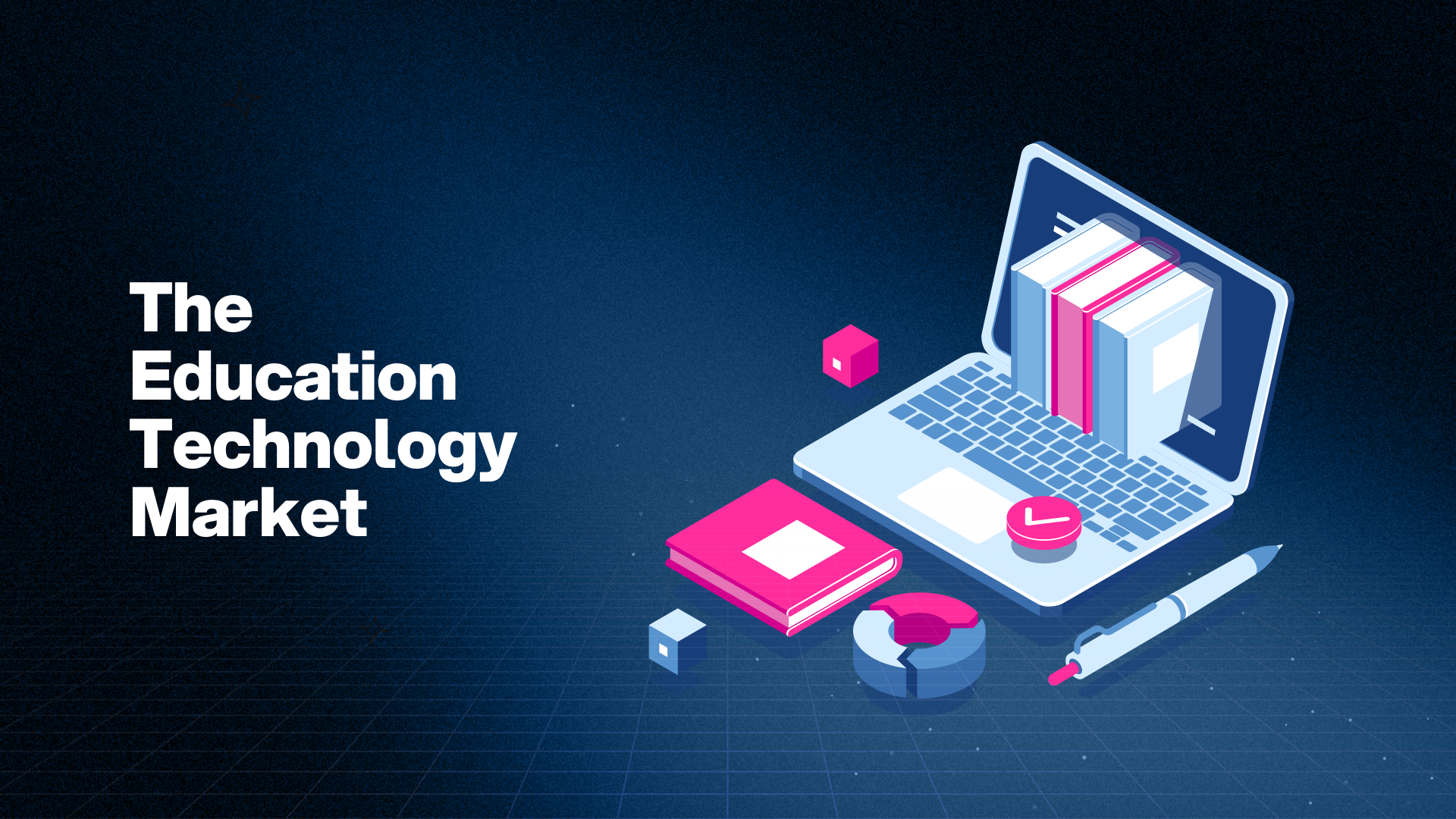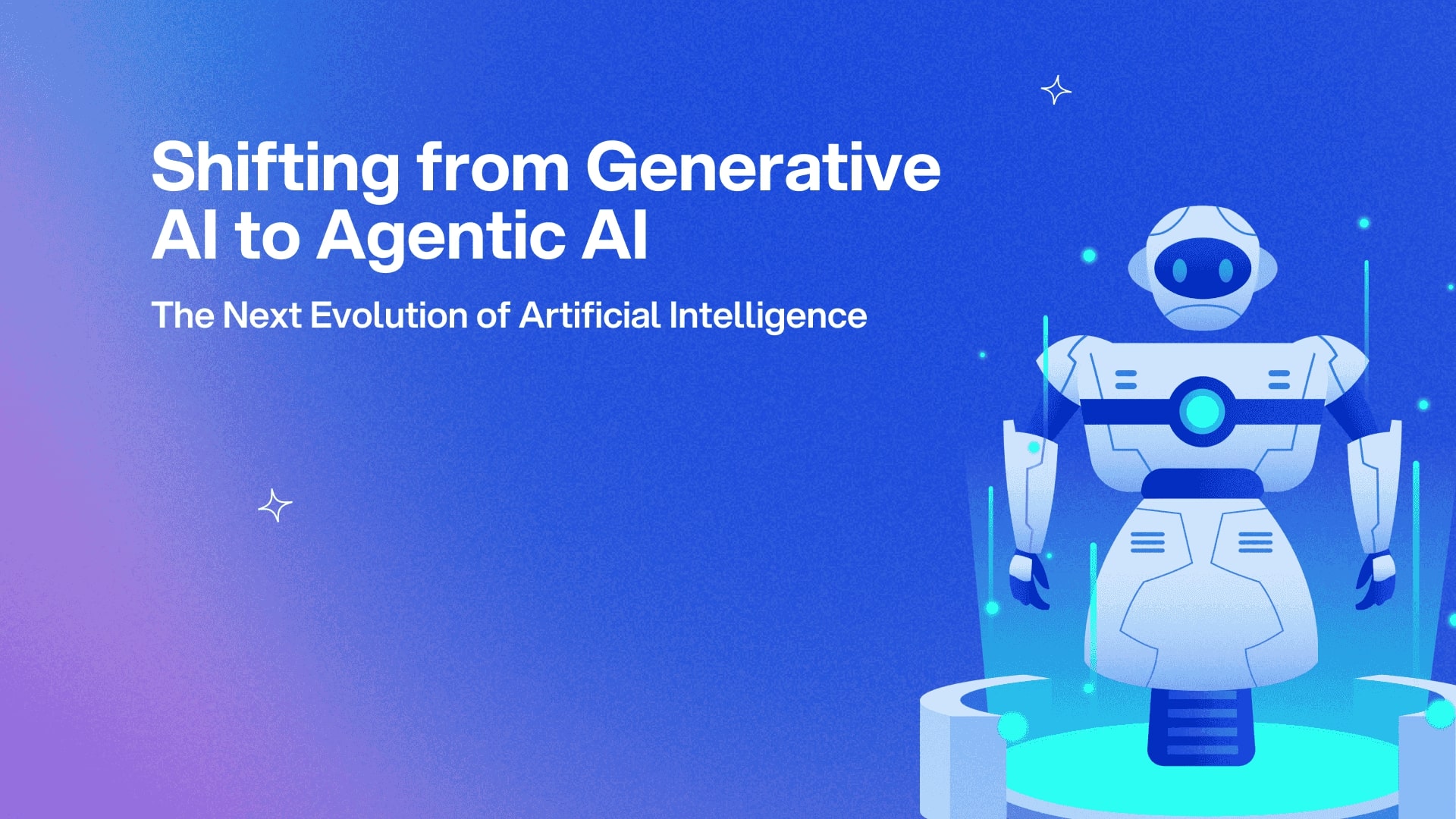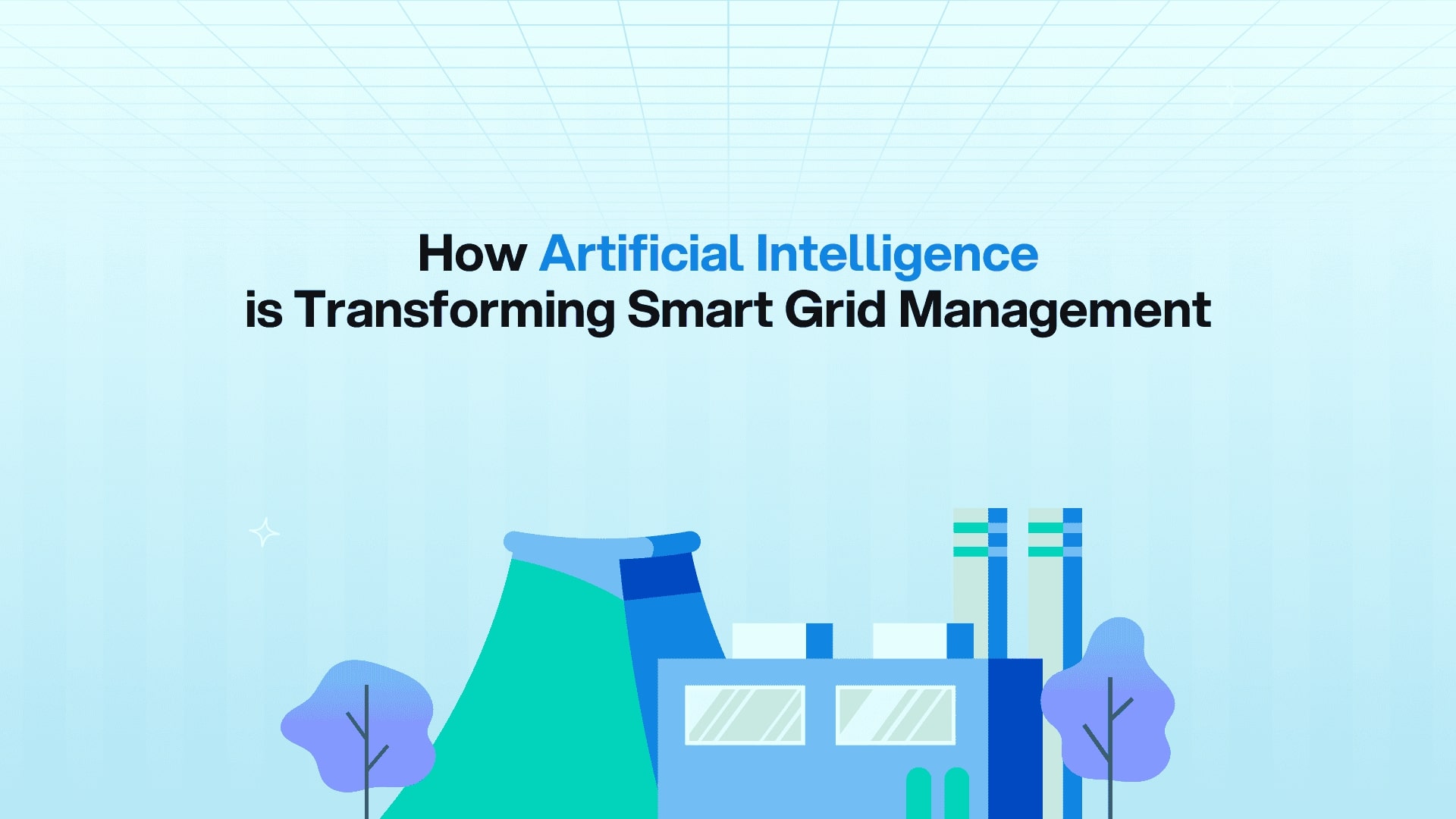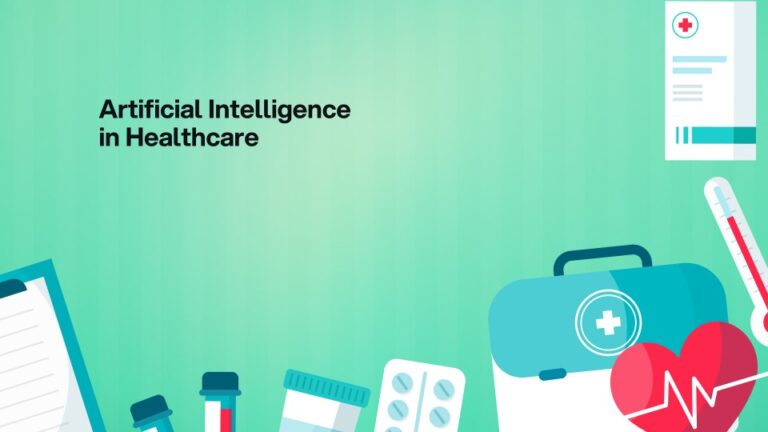
Contents
The integration of Artificial Intelligence (AI) in the healthcare industry is transforming the way medical professionals deliver care. In developed countries like the UK, USA, Canada, and Australia, where healthcare costs are often high, AI offers groundbreaking solutions to reduce expenses while improving patient outcomes. From predictive diagnostics—which refers to the use of data and algorithms to foresee potential health issues before symptoms appear—to personalized care, AI-powered innovations are reshaping the future of medicine.
The Rising Costs of Healthcare: A Global Concern
Healthcare expenses in developed nations have become a significant challenge, with patients and providers alike searching for ways to reduce costs without compromising quality. Long waiting times, inefficient resource allocation, and preventable diseases often inflate medical bills.
This is where AI offers cost-effective solutions that enhance efficiency and reduce unnecessary expenditures. For example, software outsourcing from developing countries can provide affordable AI-powered healthcare applications, bridging the gap between innovation and budget-friendly implementation. According to Goodfirms (2025), leading software outsourcing companies excelling in healthcare AI solutions include Instinctools, Innovacio Technologies, AiCure, and Apixio, among others1.
Statista projects that the artificial intelligence (AI)-based healthcare market will grow from its 2021 valuation of USD 11 billion to USD 187 billion by 20302. Improved machine learning (ML) algorithms, increased data access, lower-cost technology, and the arrival of 5G have all contributed to the growing use of AI in the healthcare business, accelerating the speed of development. Among these advancements, one of the most promising developments is the implementation of AI for predictive diagnostics and personalized care solutions.
Imagine a world where doctors can predict health issues before they become critical, providing treatments customized to your genetics and lifestyle. With AI-driven predictive diagnostics, vast data is analyzed to detect patterns and early warning signs, enabling timely interventions that can save lives and enhance patient outcomes.
At the same time, personalized care solutions are advancing rapidly. By combining AI with detailed patient data, medical professionals can develop tailored treatment plans, resulting in more effective therapies, minimized side effects, and comprehensive care that addresses physical and genetic factors.
Are Predictive Diagnostics Truly Cost-Effective?
AI’s ability to analyze vast datasets and identify patterns has made predictive diagnostics a game-changer in healthcare. Predictive diagnostics refers to the use of machine learning algorithms to analyze patient data and foresee the likelihood of diseases – such as diabetes, heart conditions, or other chronic illnesses, before symptoms manifest. This enables healthcare providers to craft proactive treatment plans, preventing severe complications and reducing the need for costly interventions.

Personalized Care Solutions for Better Outcomes
Outsourcing AI software solutions for healthcare requires delegating specialized artificial intelligence software development responsibilities to an outside business that specializes in healthcare software engineering. With AI, healthcare providers can offer personalized care, which involves creating treatment plans based on an individual patient’s unique medical history, genetics, lifestyle, and other relevant factors.
Key benefits include:
- Precision Medicine: AI identifies the most effective treatments for individual patients, reducing trial-and-error prescriptions and associated costs.
- AI-Driven Virtual Assistants: Virtual assistants equipped with AI can monitor patient data in real-time, sending alerts to healthcare providers if any abnormalities are detected. This proactive approach saves money and lives.
- Improved Patient Engagement: Patients receive tailored health insights, leading to better adherence to medical advice and fewer complications.
Case Studies:
AI-driven platforms like IBM Watson Health have already proven their potential by analyzing complex datasets faster than traditional methods, helping healthcare providers save millions in diagnostic costs3.
Here is a list of tech stacks and tools commonly used in Artificial Intelligence (AI) and Machine Learning (ML) projects:
| Programming Language | AI/ML Frameworks | Cloud & Big Data Technologies | AI-Driven Virtual Assistants |
|---|---|---|---|
| Python | TensorFlow | Google Cloud AI | Dialogflow |
| R | PyTorch | AWS AI | Rasa |
| Java | Keras | Microsoft Azure AI | Kasisto |
| Julia | Scikit-learn | Apache Spark | Kasisto |
| Julia | Hugging Face | Apache Hadoop | Kasisto |
Find Your Perfect Software Outsourcing Partner
Unlock a world of trusted software outsourcing companies and elevate your business operations seamlessly.
Discover CompaniesOutsourcing AI Healthcare Software to Developing Countries
Developing AI healthcare solutions can be resource-intensive, but outsourcing software services to skilled professionals in developing countries makes it more accessible. Outsourcing reduces development costs while maintaining high-quality standards, enabling healthcare providers to adopt advanced technologies without exceeding budgets.
Pro-Tip: When outsourcing for healthcare, prioritize firms with expertise in healthcare compliance standards like HIPAA (USA) or GDPR (Europe) to ensure data privacy.
Conclusion: The Future of Healthcare is AI-Powered
Artificial Intelligence is no longer a futuristic concept; it is actively solving today’s healthcare challenges. Through predictive diagnostics—the use of data and algorithms to foresee potential health risks—and personalized care—tailoring treatment to individual patients—AI is reducing costs, improving outcomes, and empowering providers to deliver better medical services.
Are you ready to embrace AI in healthcare? Partner with top software outsourcing firms from our curated list of companies to get started on your cost-saving journey today.
References
[1] GoodFirms- Top Healthcare AI Companies/a> ↩

